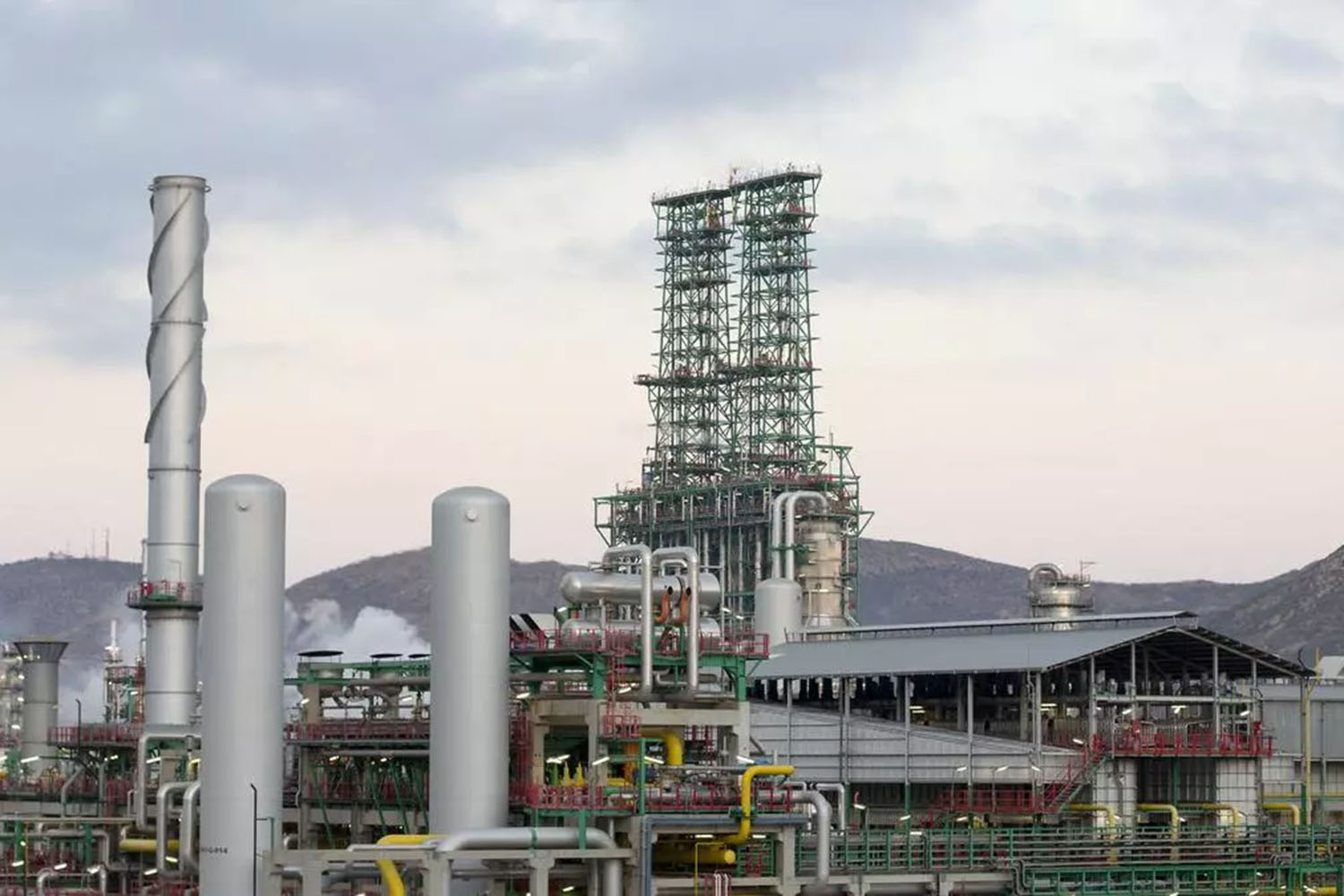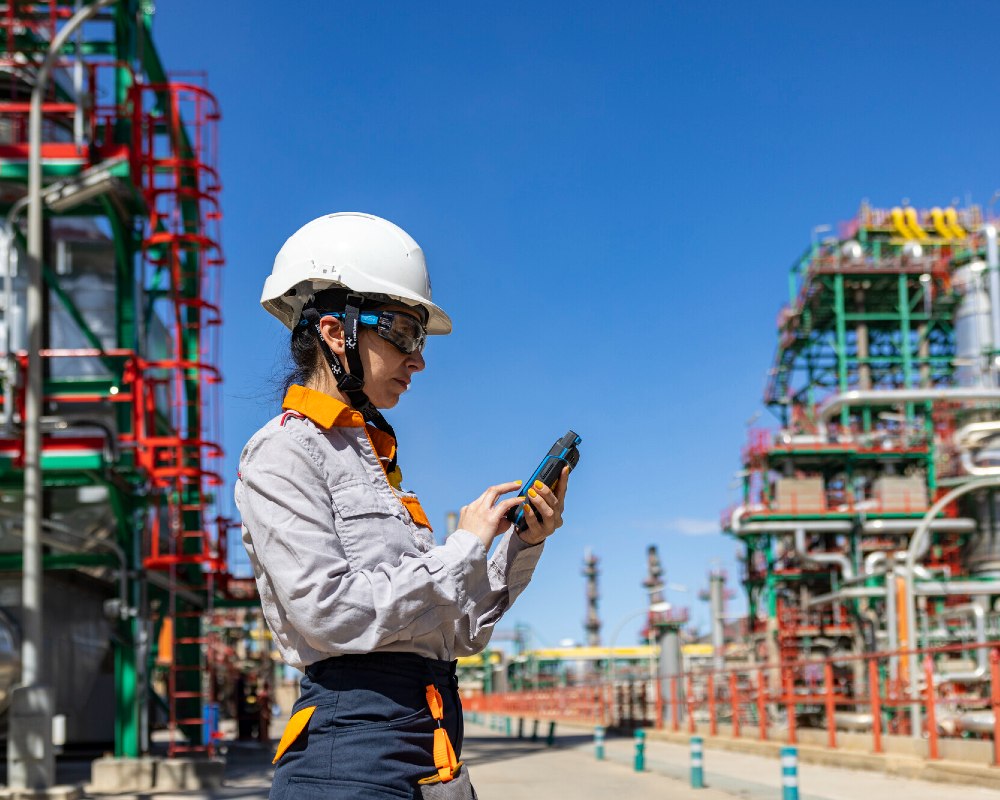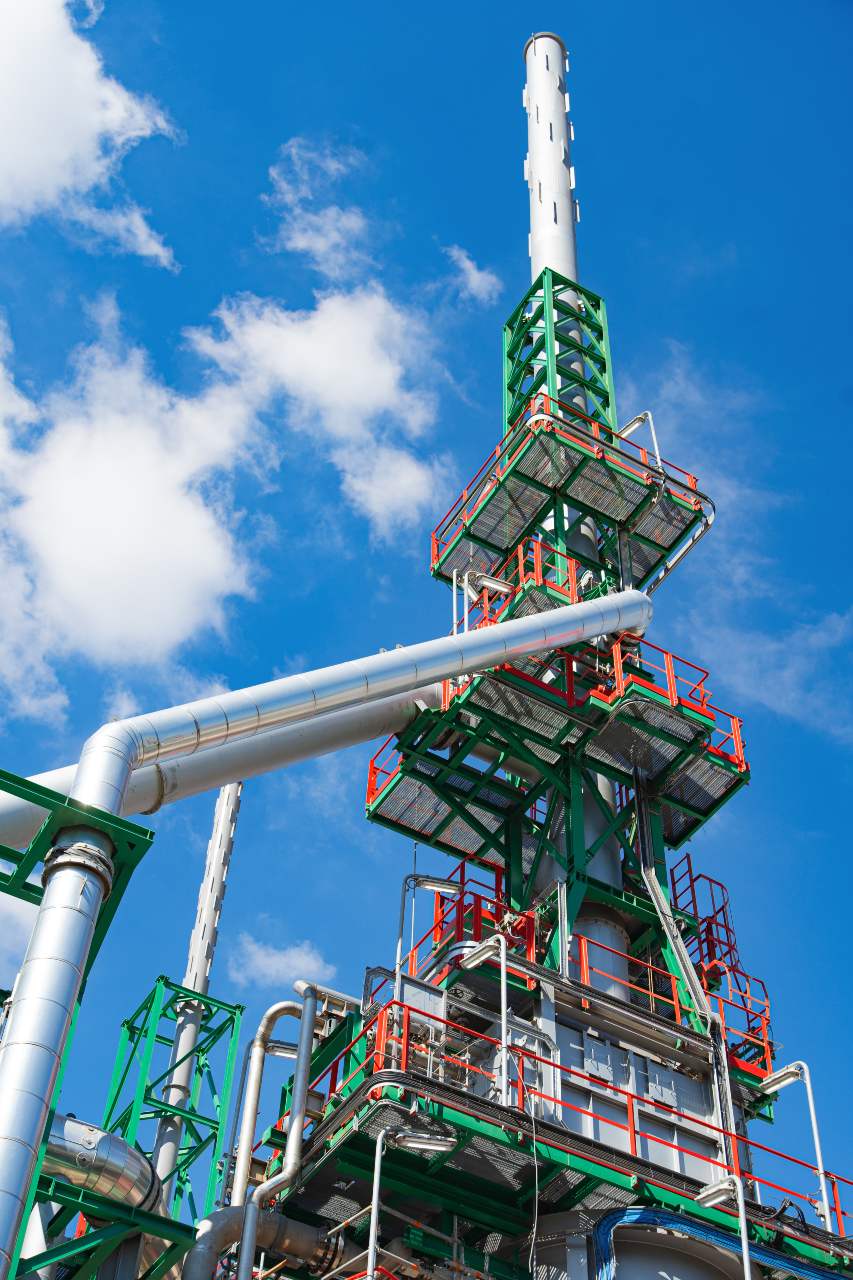Cartagena
Cartagena
CHYNE project
CHYNE project

Together with Enagás Renovable, we have given the green light for the construction of our first large electrolyzer, of 100 MW, in the Cartagena industrial complex.
This project is part of Repsol's strategy to lead the energy transition and reduce carbon emissions. Renewable hydrogen will be produced through the electrolysis of water, using electricity coming from renewable sources, which ensures a process free of CO2 emissions.
The facility will be designed to produce 1.8 tonnes of renewable H2 per hour, generating renewable hydrogen and oxygen for local consumers and will prevent up to 167,000 tonnes of CO2 being released per year. As a result, the project stands to be a significant contributor to the widespread adoption of renewable hydrogen, with an important impact at an environmental, economic, and social level.

The objectives of this project are:
- Contribute to achieving the national renewable H2 generation objective of 12 GW electrolyzer power according to the PNIEC 2023-2030 (updated in Sep. 2024).
- Reduction of CO2 emissions associated with the generation of conventional H2 (gray/fossil) by steam reforming of hydrocarbons.
- Reduce consumption and, therefore, importation of fossil natural gas, reducing energy defendence outside Spain.
- Promote the creation of a Hydrogen Valley in the area that allows the reduction of CO2 emissions not only in the industry sector, but also in sectors such as transportation or domestic.
The project represents a milestone for the Hydrogen Valley of the Region of Murcia, one of Spain’s most important regional initiatives. The goal is to create the most efficient ecosystem possible, aligning production capacity with the needs of industry. The project also includes the possibility that, in the future, the renewable hydrogen can be fed into the natural gas network and the Spanish Hydrogen Backbone.

The Cartagena project not only represents a significant advancement in the production of renewable hydrogen in Spain, but has also been recognized as an Important Project of Common European Interest (IPCEI). As such, it is slated to receive €155 million in funding from the EU's Recovery and Resilience Facility through the Spanish government's Recovery, Transformation, and Resilience Plan, which distributes NextGenerationEU funding. This recognition highlights the relevance of the project for innovation and competitiveness in European industry, as well as its contribution to the climate and energy goals of the European Union.
The hydrogen produced in Cartagena will be used in diverse industrial and mobility applications, promoting a more sustainable and decarbonized economy. Moreover, the project will generate employment and will promote technological development in the region, positioning Cartagena as an energy innovation hub.
ES54 "Cartagena Large Scale Electrolyzer" is a project funded by the European Union-NextGenerationEU

Updated as of October 2025.